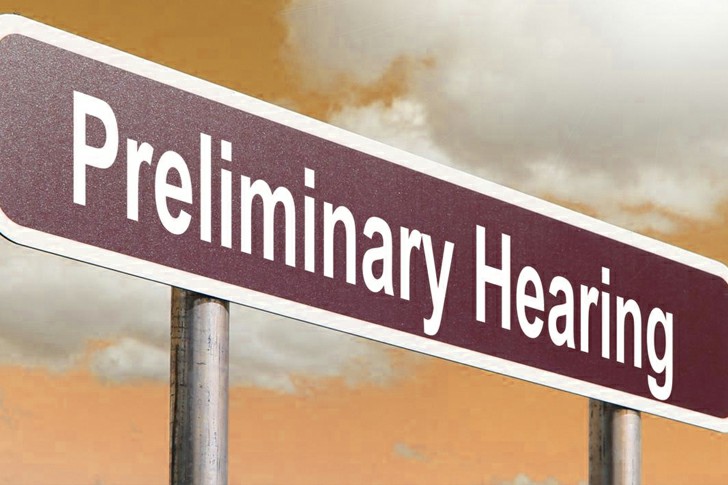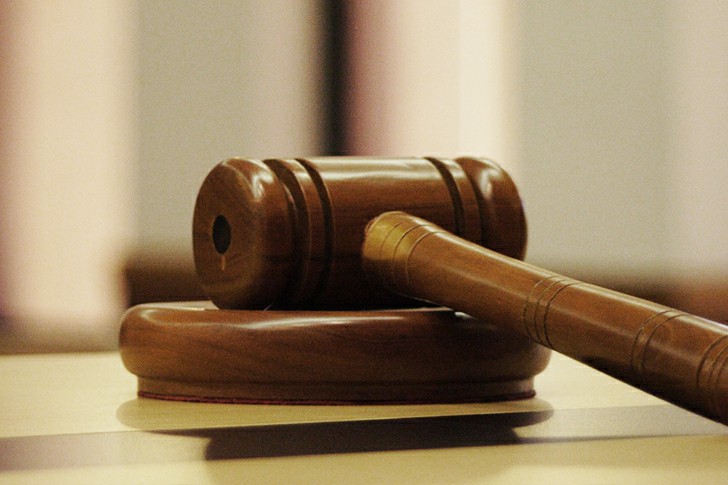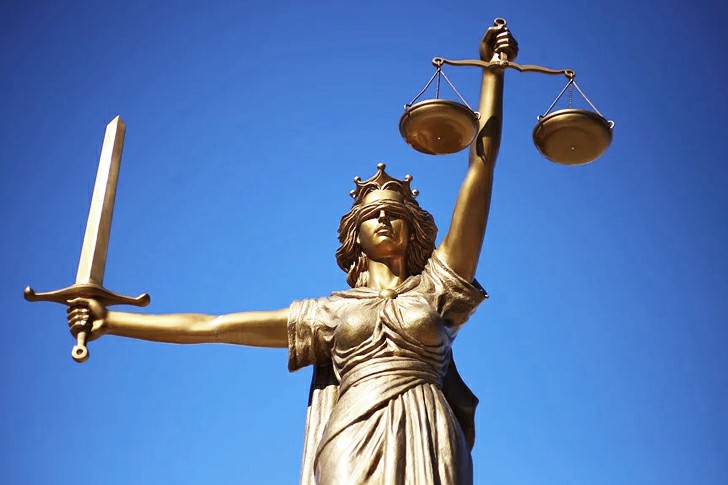How Police And Prosecutors File Criminal Class
A more in-depth look at how officials start filing criminal cases:
It is not common knowledge to most people who haven’t ventured on the legal side of things how criminal cases start. With that in mind, we’ll give you a quick tour of how the authorities initiate it.
Police officers start the process with their arrest report that contains all of the necessary details about the crime and the defendant. All of the documents will be forwarded to their lawyers and prosecutors, who will assess the situation and decide what cases should be filed against the defendant.
There are also instances that cases go directly for a preliminary hearing. On this step, a judge will step in and makes the decision whether there are enough pieces of evidence to start the proceeding. There are also cases where a grand jury approves a criminal indictment, and from there, the process will begin.
Things We Should Know About Criminal Charges and Arrest Reports

Let’s say a person got arrested because of his illegal investments in illicit businesses. The arresting officer will gather all information that may help speed up the case and sum it up in their police report. They will pass it over to a prosecutor along with key details such as location, witness names, date, and time of the crime.
From that point, there are three possible outcomes where the case might end up. The first one being the complaint, will be filled against the defendant directly and will proceed according to plan. The second, like stated above, can be endorsed to a grand jury, and the last would be the dismissal of the case.
The arrest report will showcase to both parties’ lawyers (the prosecutor and the defense) the ground for their arrest. It is also indicated in the report all of the possible cases that the arresting officer thinks appropriate to the situation. However, the prosecutor has the final say on whatever the cases should be filed against the defendant.
Inside A Preliminary Hearing

Once the prosecutor received the case and found enough grounds for a felony complaint, the defendant gets a preliminary hearing. If ever their lawyers decided to endorse the case to a grand jury, there will be no preliminary hearing.
Grand Juries and Their Line of Work

If the criminal offense falls under a felony category, the majority of cases will be forwarded to a grand jury. These grand juries are mostly made up of randomly selected individuals. They listen and decide whether the evidence presented by their lawyers is enough to make up a formal charge against the defendant.
Grand Jury vs. Petit or Trial Jury
If you are not familiar with the types of juries available in the legal system, we should ask our local lawyers to elaborate on the vital difference between the two. However, for your convenience, we will provide you significant details for each type of juries.
Petit jurors only handle one case during their serving time, while grand jurors cover multiple cases and usually have a time commitment of six months or sometimes even more. Aside from that, Petit jurors have the right to decide whether the defendant is guilty or not. Grand jurors, on the other hand, only assess the evidence presented by the lawyers and determine whether the information that they got is enough to proceed with a trial.
Proceedings, Witnesses and Criminal Complaint

Prosecutors that forwarded the case to a grand jury will be required to present all outstanding evidence that will help the case to move forward to the next step. These proceedings with the presentation of the witnesses’ statements are usually done even without the defendant’s lawyer. However, the defense can always request for a transcript of the whole proceeding.
If the grand jury decides not to go through the case, it doesn’t mean that the defense lawyer and the defendant are free to go, and the complaint will be closed. Depending on the jurisdiction, the prosecutor can go back to the same grand jury and present more compelling documents or bypass the whole process and proceed with their filing of a criminal complaint.
